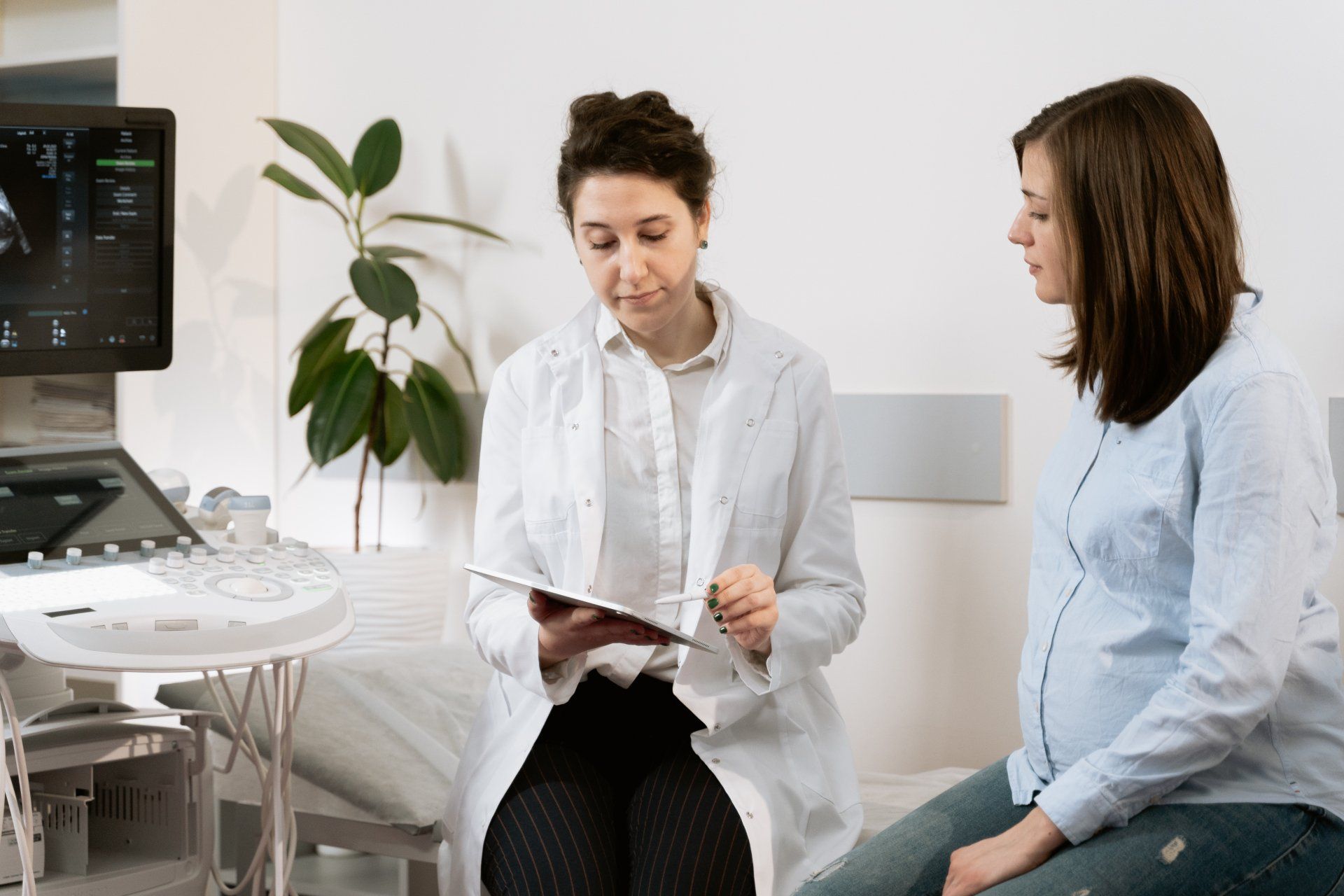If you’re just starting to consider how to have a baby through surrogacy, the following information will inform you about the surrogacy process in MD, VA and D.C.
Choose the Type of Surrogacy You Want to Complete
First, you’ll need to choose the surrogate process that you want to pursue. There are two ways you can choose to grow your family through the procedure of surrogacy in D.C., MD and VA:
Three ways to Find a Surrogate
Once you’ve decided on the surrogacy method that you feel is right for you, you’ll next need to find a surrogate.
We do not match intended parents and surrogates. do not match intended parents and surrogates. However, we can help guide you in your search. We’ll offer you our extensive experience, advice and support no matter how you decide to search for a surrogate. In our initial consultation with intended parents, we’ll review the three ways you can find a potential surrogate:
Independent Search
With this method of search, intended parents can network through family and friends, advertising and word-of-mouth.
You will be responsible for screening the potential surrogate, but we will be there to help counsel you through the vetting process of surrogacy.
Attorney-Owned Programs
These matching services are owned by attorneys who represent the intended parents.
We are not an attorney-owned surrogacy program. We solely represent one party in the legal surrogacy process and do not provide matching services.
Non Attorney-Owned Programs
This type of program will help you search for and match with a surrogate, and both parties will retain their own separate legal representation. You can retain us as your legal representation through this method. The professionals employed by the program screen potential surrogates prior to the match. Some non-attorney surrogacy programs refer to themselves as surrogacy centers or surrogacy agencies, but it’s important to know there is no licensing authority for these types of surrogacy programs.
Most intended parents who work with us choose option 1 or option 3 when searching for a surrogate.
The first option can save you a significant amount of money (DIY)while the third option can be beneficial to intended parents who don’t feel comfortable searching for or screening potential surrogates on their own.
We can continue to legally represent you throughout your surrogacy process with either option.

Creating Surrogacy Contracts
Next, we’ll establish a series of legal contracts between you and your surrogate. These include details, such as parental rights, custody, choice of hospital for delivery, post-birth contact between the parties and health insurance. The agreement will also cover who makes medical decisions and how those decisions will be made during a pregnancy; payment of medical bills; liability for medical complications; financial considerations, such as the gestational carrier's/surrogate’s compensation and expenses like lost wages, legal fees, child care, housekeeping, and maternity clothes; coverage for life insurance; the need to provide medical history and personal medical information; continued contact through the process; and intended parents’ presence during doctor visits and the delivery.
The Medical Process of Surrogacy
Once you’ve been matched with a surrogate and all the necessary legal contracts and processes are complete, the medical process will begin.
This can vary depending on the type of surrogacy that you’re pursuing, but it will involve
transferring embryos to your surrogate’s uterus until you’ve achieved a successful pregnancy.
Once a healthy pregnancy is confirmed by your fertility clinic, the surrogate will continue to go about her daily life, attending routine prenatal checkups like she would with any pregnancy. Depending on the type of relationship established with your surrogate in your contract, you may communicate with her about how her pregnancy is progressing. If distance and your contract permit it, you may attend her doctor’s appointments and other medical steps of the surrogacy process up until the birth of the baby, which you will also be present for.

Finalizing the Surrogacy Process
Depending on your state of residency and the state the surrogate lives in, we’ll complete a series of steps to legally protect your parentage throughout the MD, VA or D.C. surrogacy process.
If you live in Maryland or the District of Columbia, we’ll complete a pre-birth order in the surrogate’s third trimester, which legally confirms you as your child’s parents. Your baby will be discharged to you directly at the hospital.
If you live in Virginia, a pre-birth order is not permitted. If you’re a same-sex couple living in Virginia, an adoption will be required after your baby is born to protect your legal parental rights. If you’re an opposite-sex couple in Virginia, an adoption will only be required if neither of you is biologically related to your baby. As experienced adoption attorneys, we can provide any legal services you need to secure your parental rights through these adoption proceedings.
We’ll help you navigate these laws throughout the process of surrogacy in Virginia, Maryland, Washington, D.C., and in any state within the U.S. so that your family is protected.
Still wondering, “How does surrogacy work in Maryland/Virginia/the District of Columbia?”
Contact us for a legal consultation now. We’re here to answer all your questions.


